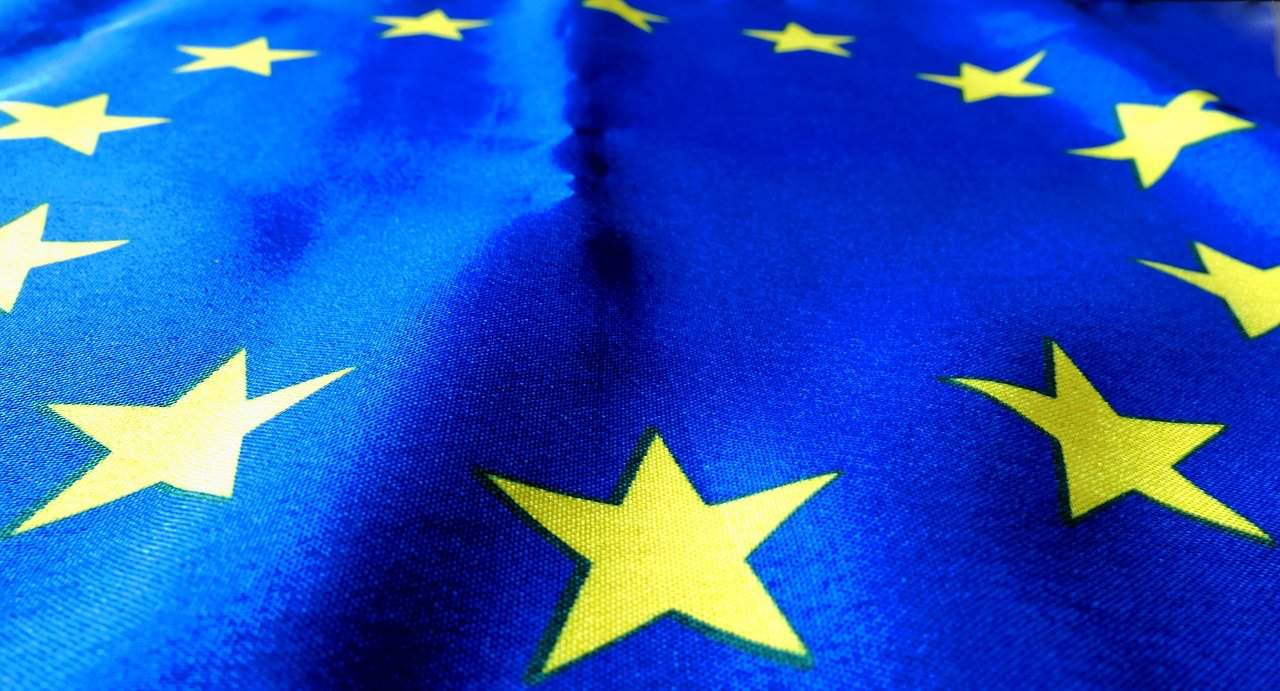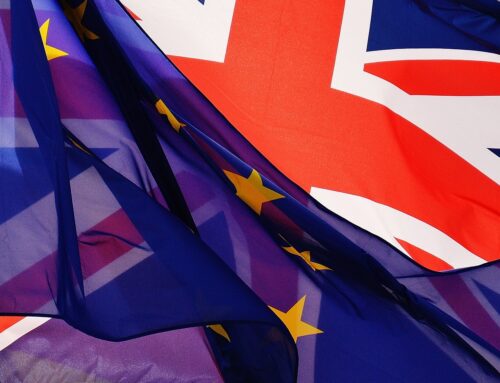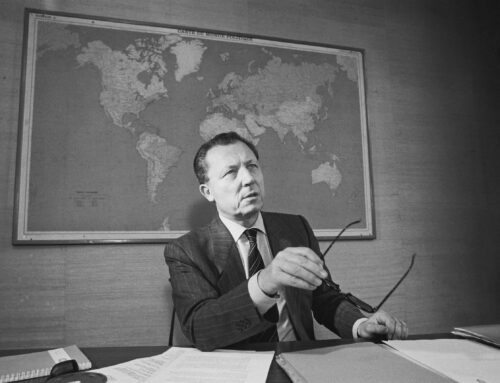This article was first published by Euractiv with the title “We need to talk about the future of Europe”.
Our online world lends itself well to a conversation with citizens about the future of Europe. And yet, European leaders have so far failed to reach agreement, even on who should chair the long-promised Conference on the Future of Europe.
The conference has also been stalled by the reluctance of some Member States to countenance “treaty change.” But Member States don’t need a conference to agree treaty change and, in any case, can easily block any such proposals as it is.
Treaty change is the last thing on European citizens’ minds right now. What citizens are thinking about is how to stay well, whether they will keep their jobs and when and whether they will see all their family members and friends again.
That is exactly why we need an urgent conversation about the future of Europe, even if the conference is to be shorter than planned and narrowed in scope.
A technologically smart, hybrid conference (part online, part face-to-face) can and should be launched immediately.
There are signs from the German Europe Minister, Michael Roth, that we may in fact see the start of such a conference under the German Presidency.
It’s not difficult to see what the challenges might be. Health and the EU’s future response to pandemics would surely be top of the list.
How about the impact of the pandemic on our economies and in particular the poorest, most disadvantaged in our society, and those who have lost their jobs?
We might also ask what more we citizens need to do to tackle climate change?
The Europe’s People’s Forum has developed a methodology that would allow all 466 million EU citizens to be asked what their priorities are across a range of issues and later to follow up with a more detailed consultation around policy options.
The platform was developed in collaboration with the Danish Board of Technology, 27 technology organisations, one from each EU Member State as well as many leading civil society organisations and independent experts.
For each of the challenges facing the EU, for example, health, employment, or the environment, the model allows new policies to be sourced directly from citizens.
Detailed articulation of new proposals can be organised taking account of linguistic diversity and allowing for face-to-face meetings or online panels, too.
Final policy proposals would then be discussed in face-to-face Europeans “agoras” before being selected by all citizens through the online platform for presentation to the Future of Europe Conference plenary.
Independent consultation with EU citizens which goes beyond statistical analysis will give the Conference on the Future of Europe added legitimacy.
In parallel with the online outreach process facilitated by Europe’s People’s Forum, citizens assemblies could also be used to discuss institutional reform.
Both the ‘Spitzenkandidat’ system and transnational lists would no doubt take a central place in such deliberations as well as the need for future treaty change.
The European Parliament has also promised to enhance citizen engagement by opening a mechanism foster deliberative democracy in the EU.
Such reforms could be framed and elaborated during an online Conference on the Future of Europe and introduced (as originally planned) in the second half of 2022.
Civil society stands ready to engage in a conversation which can breathe new life into European democracies as initiatives such as Citizens Take Over Europe, Europe Future Fringe and other mobilisations have shown.
It’s now time for EU Member States to make clear that they are serious about the Future of Europe Conference.
That means starting the event online and working with citizens to find the policy proposals we need to meet the multiple crises we face in Europe.
A well-run, online conference could crowd source solutions and build the consensus needed to underpin the success of the European recovery. It would also strengthen the EU’s democratic credentials.
The global pandemic is taking lives, destroying livelihoods and profoundly changing the way we live – we cannot allow it to also erode our democracy.
The time to start the conversation about the Future of Europe is now.







